The Serbia-Hungary border is facing a brutal migration pressure, with illegal migrants making nightly attempts to scale the fence into Hungary, and then move on towards Western European countries.
As a result, conditions in and around Subotica are sometimes deplorable. Although locals have seen fewer migrants in the city center lately, they are increasingly seen moving around in larger groups as we head north from the center.
The migrants often set off with their bags full. They prepare to spend a few days in the forest near Makkhetes, and when the smuggler tells them to, they leave everything behind and head for the border.
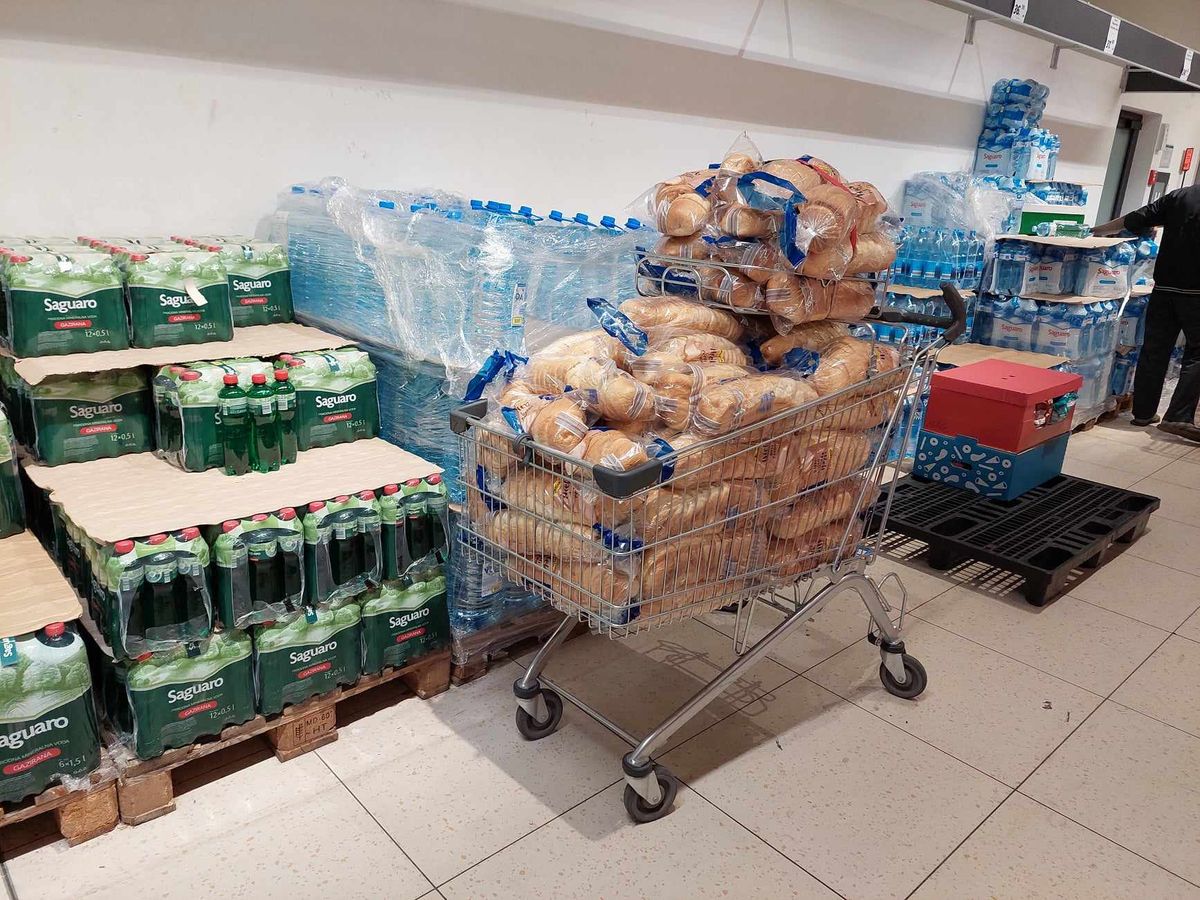
Speaking anonymously to Magyar Nemzet, a local resident of Subotica complained that
he could not purchase any bread at the local bakery, because the migrants who had just arrived had already bought up all the bakery products.
The migrants tend to leave with jam-packed shopping carts even from larger shops.
The footage sent to our editorial office is evidence that the migrants clearly have money. This video shows young men carrying their bags and luggage to the taxis waiting in line to be given a ride to Hungary's state border for an overpriced fare.
The migrants are free to do this in Serbia, as they can go in and out of reception centers, uncontrolled. No one ever questions any of the personal details that they provide, and nor can they do so, because they typically present no other documents. So, they can move around the Balkan countries with the legitimacy of the UNHCR's High Commissioner for Refugees.
Farmers in the villages around Subotica complain that migrants are trampling their crops and eating the fruits in their orchards. These wrongdoings, however, are dwarfed by the constant shootings that can be heard almost every night by locals in the Vojvodina town, something that Magyar Nemzet also regularly covers. Over the past year, these incidents have become a daily occurrence along the border.
In the last few days, for example, authorities have seen several incidents in Hajdujaras. According to a police statement issued on Monday, one migrant of Afghan descent died in a shooting and two illegal migrants were injured. No physical harm was caused to local residents. On Tuesday, this incident was followed by another round of shooting and explosions in the area around the settlement, which our newspaper also highlighted in a piace published on Tuesday night.
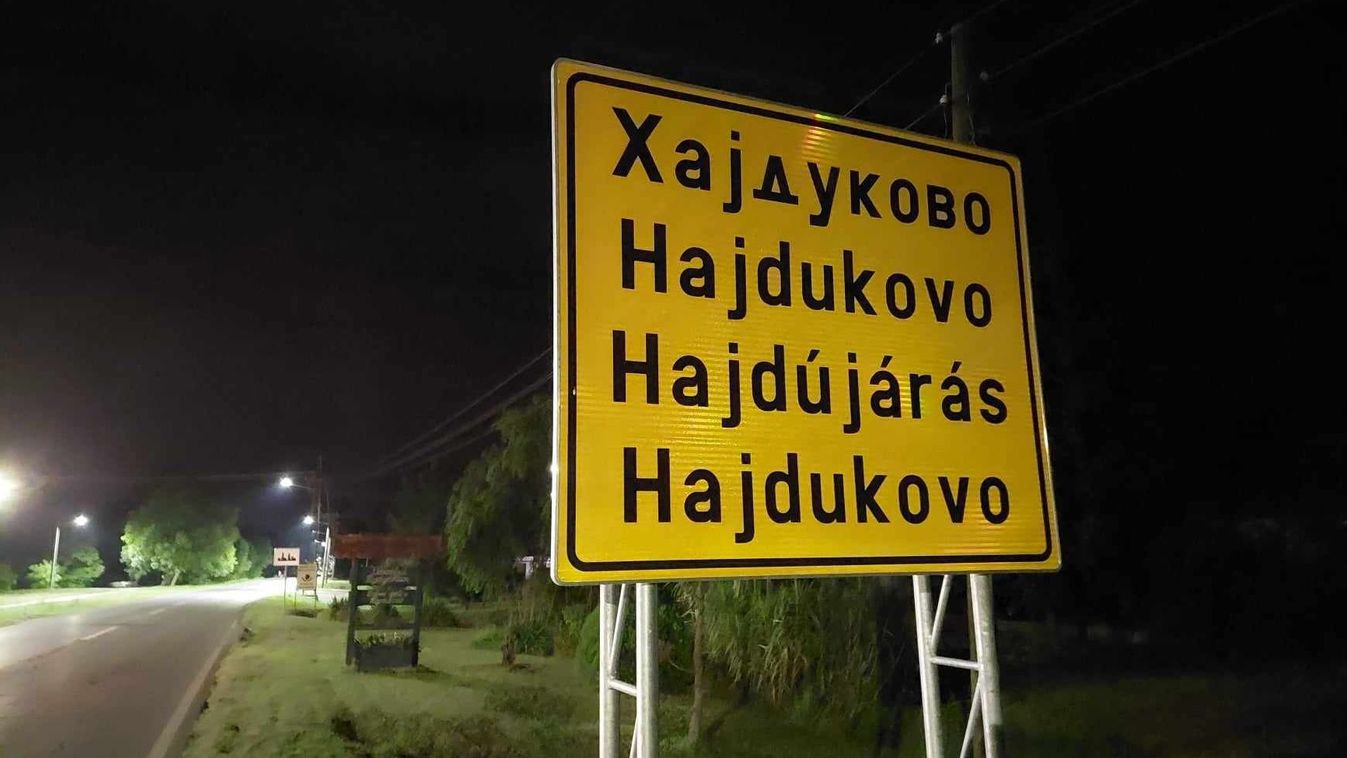
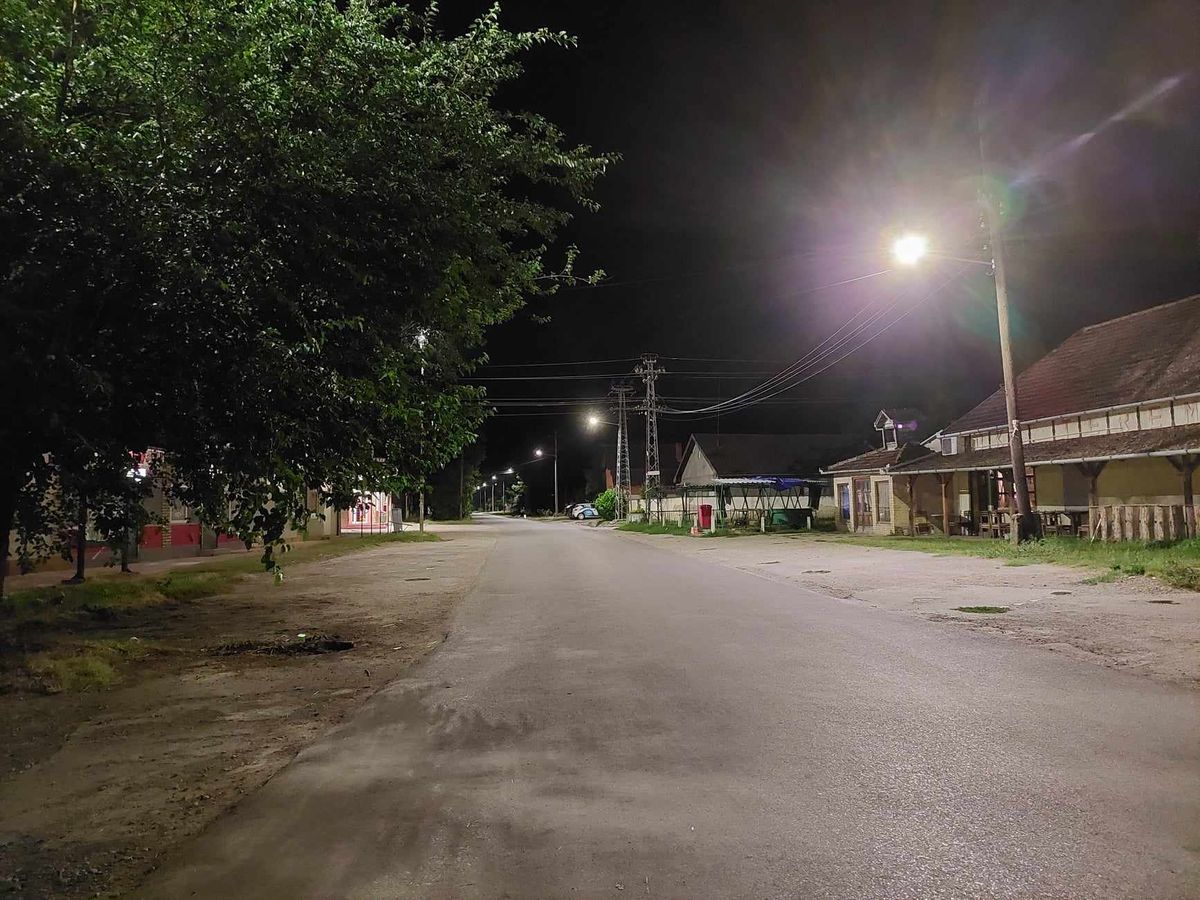
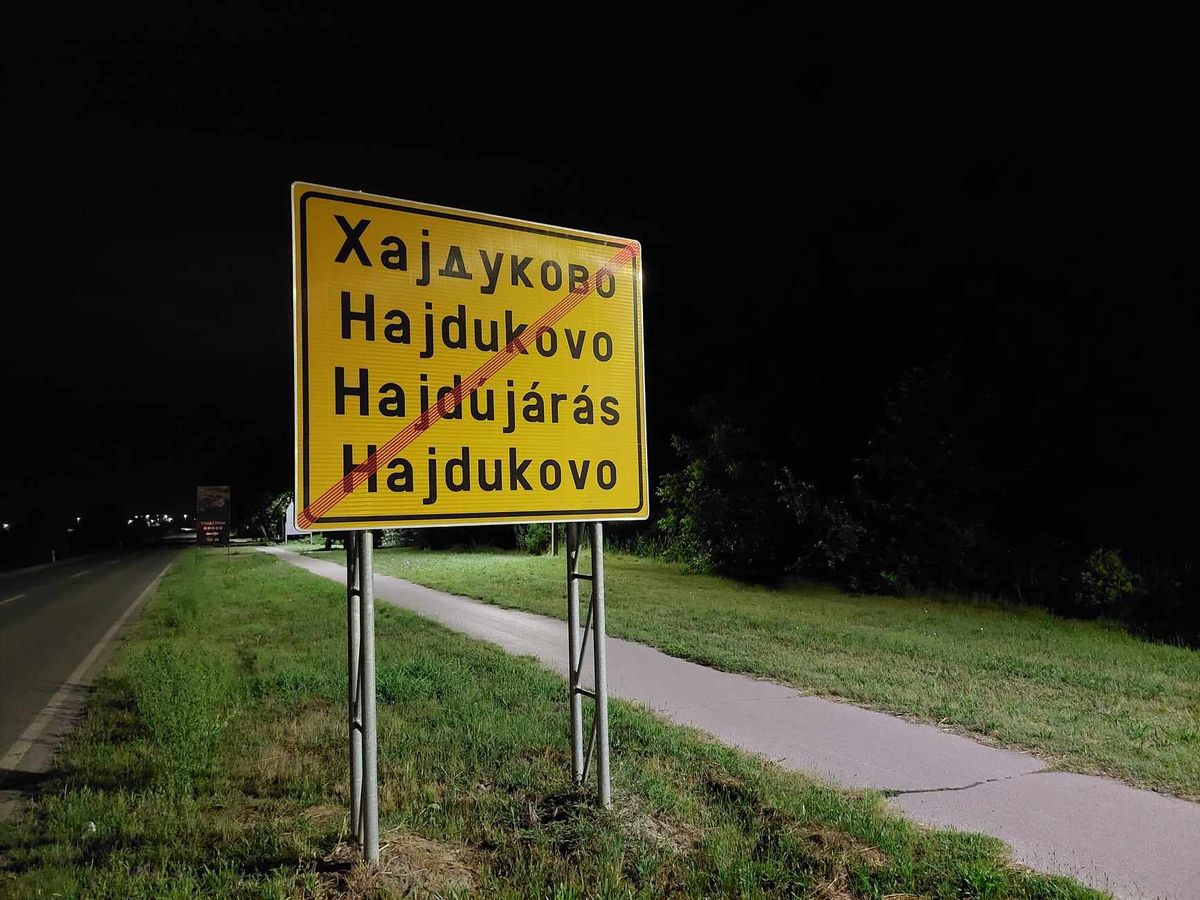
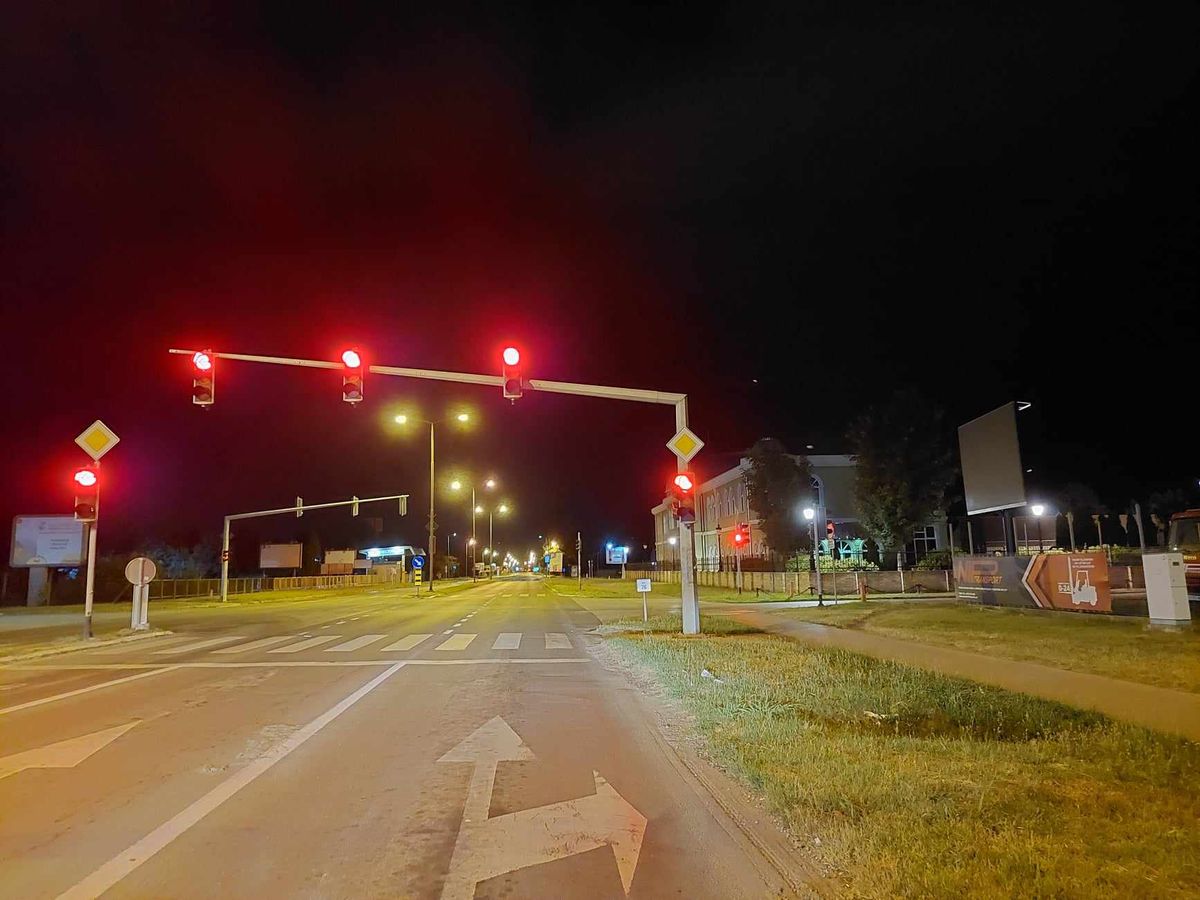

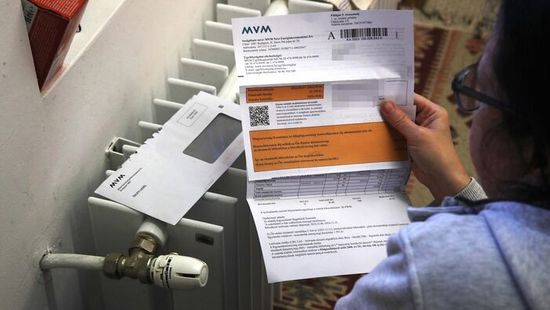



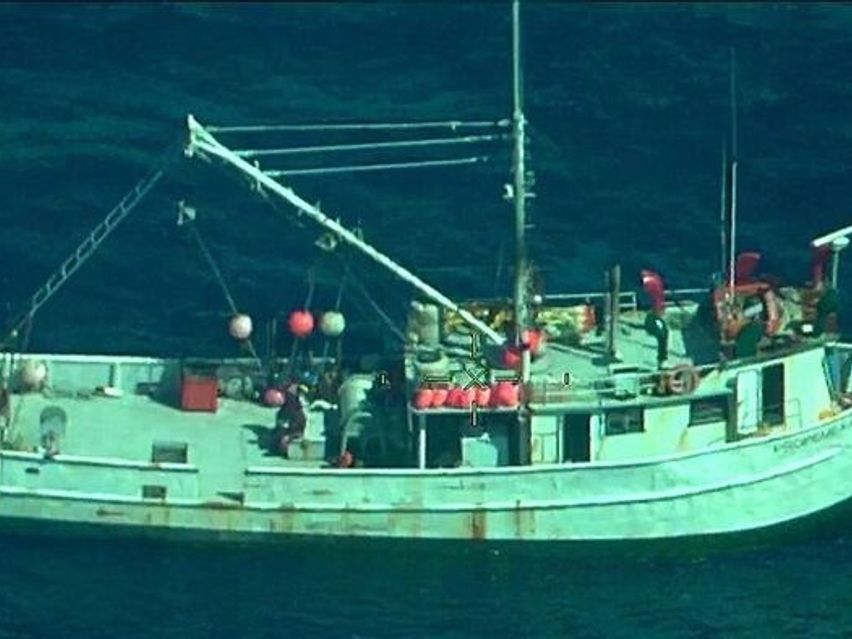
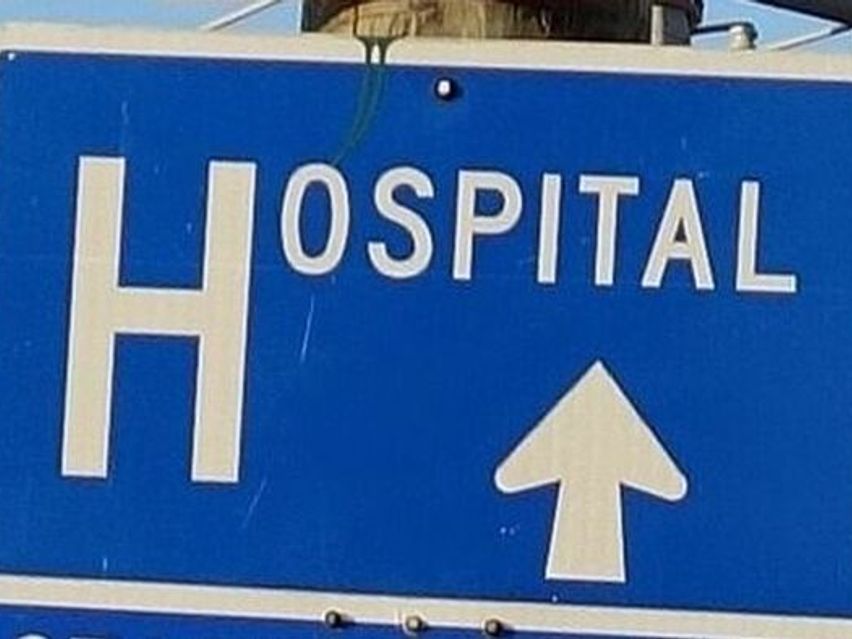
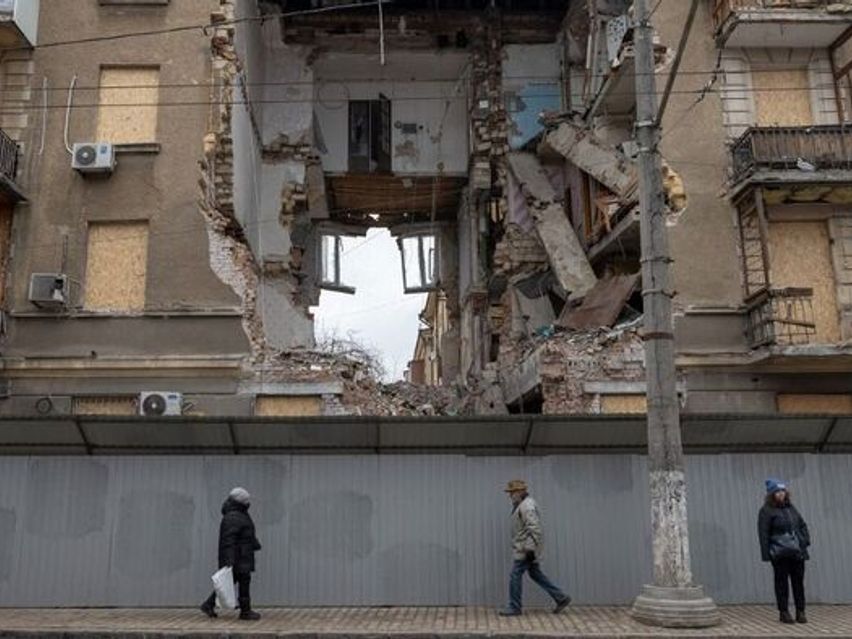
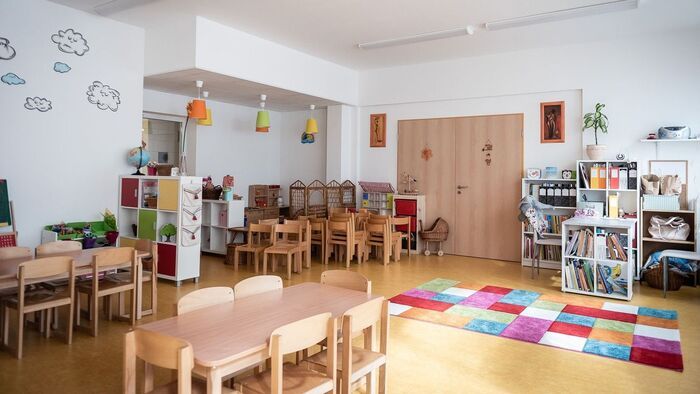

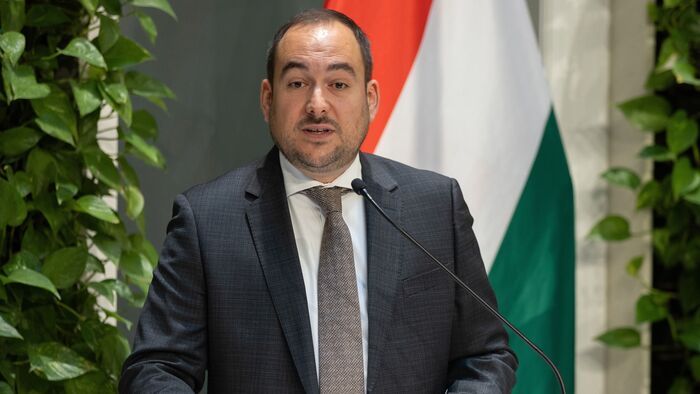
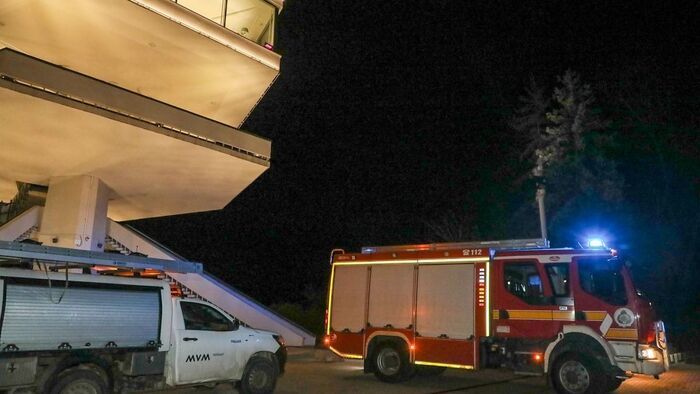


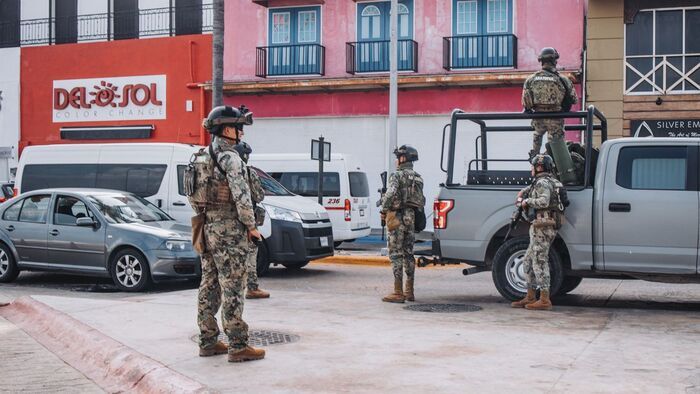



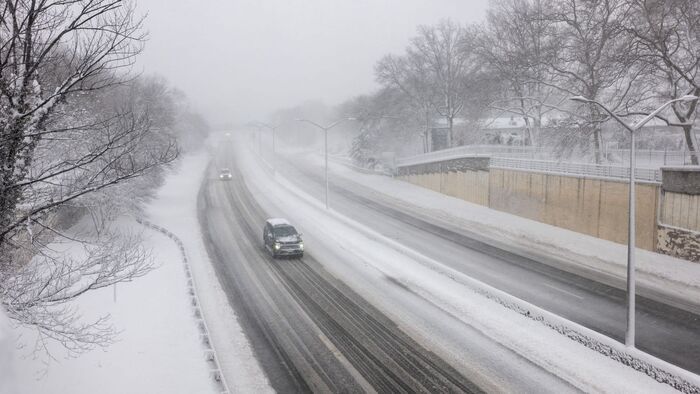


Szóljon hozzá!
Jelenleg csak a hozzászólások egy kis részét látja. Hozzászóláshoz és a további kommentek megtekintéséhez lépjen be, vagy regisztráljon!